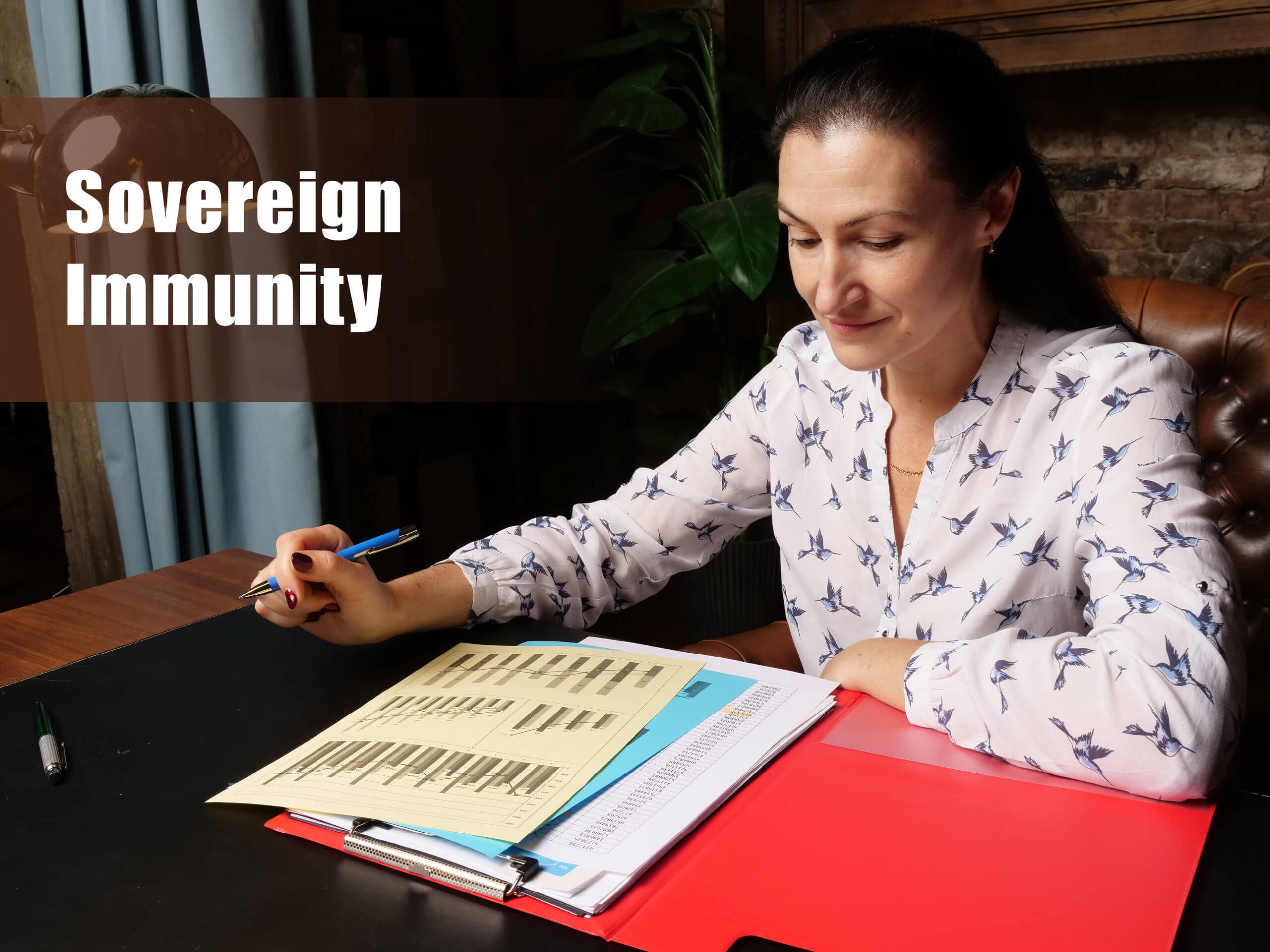Sovereign Immunity and Personal Injury Claims
Personal injury claims against government entities can be complex due to sovereign immunity. This principle makes it challenging for plaintiffs to sue governmental bodies.
However, exceptions to sovereign immunity exist, making it possible to pursue claims. Understanding them is essential for building a compelling case.
The journey has many challenges, such as strict filing deadlines and damage caps. Plan your path and find the legal help you need in this article.
Understanding Sovereign Immunity
Sovereign immunity shields government entities from lawsuits. It comes from an old principle that you cannot sue the state without its consent. This doctrine complicates legal actions against and underlines the power dynamics within our legal framework.
While sovereign immunity might seem outdated, it plays a significant role. It protects government operations from becoming overwhelmed by lawsuits. Additionally, it ensures public services like road maintenance and law enforcement continue uninterrupted.
Yet, this protection has limits, with legal exceptions allowing individuals to file claims.
Exceptions to Sovereign Immunity
The Federal Tort Claims Act (FTCA) is a notable exception to sovereign immunity. It opens the door for pursuing compensation against federal bodies. This act is a crucial acknowledgment by the government that there must be a way to seek justice.
The FTCA offers avenues for challenging state and local government actions. However, each state creates individual rules and exceptions. Navigating these state-specific exceptions demands a thorough understanding of the laws and legal help.
There are strict filing deadlines and limitations on damages to consider. Yet, you can find accountability and justice when you are well-informed and determined.
Filing a Personal Injury Claim Against a Government Entity
This distinction between federal, state, or local levels dictates the rules of engagement. Moreover, each move should be informed and purposeful.
The first step involves drafting and submitting a Notice of Claim. This document formally outlines your grievance and the compensation sought. This notice must be exact and filed within specific deadlines because it serves as the foundation of your claim.
Compiling evidence, including medical records, photographs, and witness statements, is crucial. This evidence should narrate the incident and its impact, supported by credible documentation. It’s about standing up to legal scrutiny and crafting a narrative that resonates with authority.
The waiting period for the response is a strategic time filled with anticipation. The government’s decision to settle or deny the claim sets the direction for the next steps. There could be further negotiation or preparation for civil litigation. It can test your resolve and shape the course of your legal journey.
If the claim receives a denial, your journey to justice moves toward litigation. Legal action represents your determination to seek justice, and it requires a blend of legal savvy and personal resilience.
Challenges and Considerations
Personal injury claims against government entities present many deadlines and procedural complications. They are far stricter than those in private litigation. These deadlines are not just administrative details; they are critical to the viability of your case. A missed deadline can result in the dismissal of your claim.
Furthermore, significant limitations exist on recoverable damages in lawsuits against government entities. Caps on damages can restrict the compensation, emphasizing the need for strategic case preparation. Your attorney needs time to fully document and argue for every aspect of the harm you suffered.
The government also has immunity from punitive damages, further. This barrier can make it a problem to hold them accountable in the same way as private entities. Adjusting expectations and focusing on securing recognition and compensation becomes essential.
Proving negligence introduces another hurdle. Government actions can become labeled as “discretionary functions.” Distinguishing between actions requires knowing legal principles and the specifics of your case.
Lastly, public and media attention can be both an advantage and a challenge. While public scrutiny can sometimes encourage settlements, it can expose claimants to intense observation. This publicity necessitates a balanced approach to communication and an awareness of the broader societal impact.
Talk to an Attorney About Sovereign Immunity and Personal Injury Claims
Filing a personal injury claim is a burdensome process, but it isn’t impossible. This guide has equipped you with the essential knowledge to move forward, but pairing this with the expertise of a legal professional can make a significant difference.
Finding a local personal injury offers even more than legal support. You can find a partner in securing compensation who will fight for you every step of the way.
Our representatives can refer you to a local attorney. Contact them 24/7 by calling (866) 345-6784 or submitting this quick and easy form.

